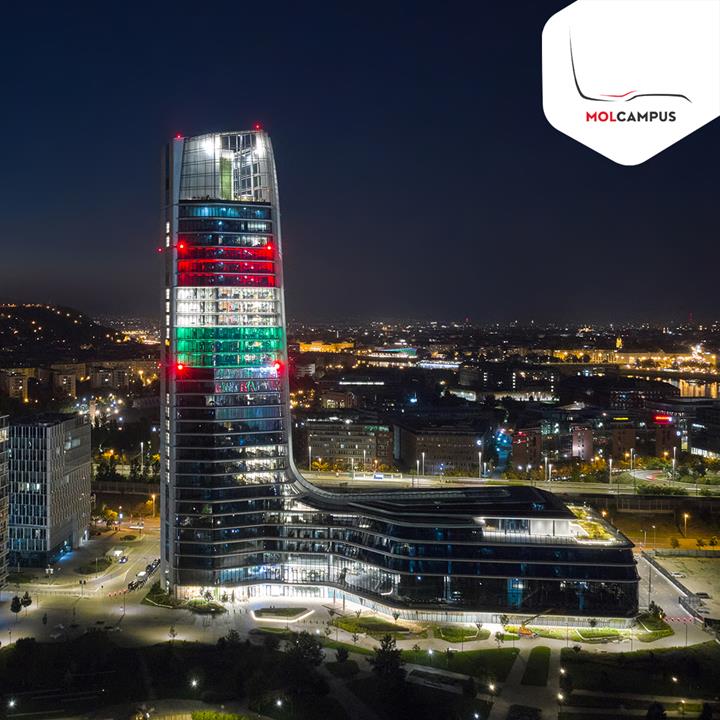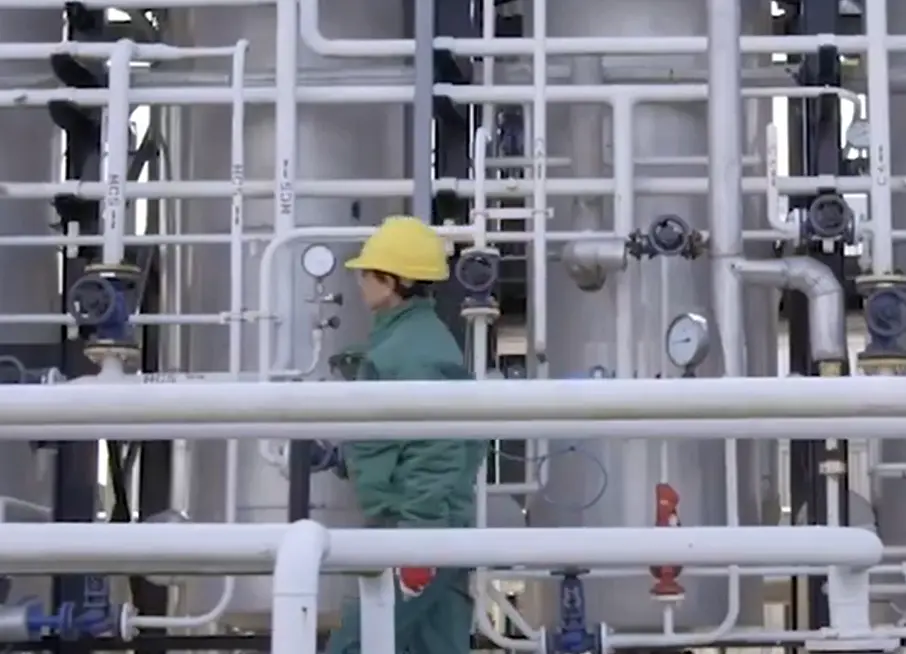POLITICO: The price MOL would accept to abandon Russian oil in Hungary

MOL faces a pivotal crossroads as Hungary’s oil company navigates EU sanctions, costly refinery upgrades, and a race against time to end reliance on Russian crude—if Brussels agrees to help foot the bill.
Is MOL ready to give up on Russian oil?
As Politico writes, Hungary is willing to end its reliance on Russian oil by late 2026, provided the European Union contributes financial support, according to MOL Group, the country’s leading oil and gas company. György Bacsa, MOL‘s executive vice president for strategic operations, highlighted the USD 500 million (EUR 474 million) cost of adapting its refineries, including Hungary’s sole facility processing Russian crude, to handle alternative supplies.
While the EU has set an informal 2027 deadline for phasing out Russian oil, the Hungarian oil company is seeking “a couple of hundred million” in EU funding to accelerate the transition. The Hungarian oil company also operates refineries in Slovakia that process Russian crude, underscoring the broader regional impact of diversification efforts.

Lack of EU financial support
Hungary’s reliance on Russian oil persists, with MOL continuing imports under a long-term contract with Russia’s Lukoil, set to expire in mid-2024. György Bacsa, the company’s executive vice president, emphasised that Hungary’s refining sector currently receives no EU financial support for transitioning away from Russian crude, despite the EU’s focus on energy security. While Hungary remains one of the few EU countries exempt from the 2022 ban on seaborne Russian oil imports, its dependence has increased, even as other Central European nations reduce theirs.
Bacsa expressed concern over potential EU sanctions tightening without accounting for Hungary and Slovakia’s reliance on Russian oil. He warned that new policies, like the roadmap of incoming EU energy chief Dan Jørgensen, must address regional disparities, as Western Europe’s energy transition pace does not reflect Hungary’s challenges. Meanwhile, the Hungarian oil company continues sourcing discounted Russian crude and negotiating future supply deals if legally permissible.

Trouble with navigating sanctions
The Hungarian oil giant, partially owned by the government, has faced challenges navigating EU sanctions and geopolitical tensions. While windfall taxes imposed by Budapest on MOL generate significant revenue for the state, the firm’s reliance on Russian oil remains under scrutiny. In July, the Hungarian oil company resolved a crisis when Ukraine sanctioned Lukoil by agreeing to reclassify Russian oil as Hungarian once it crossed into Ukraine, securing supply continuity. However, this workaround may face opposition from the EU, as briefing documents for incoming energy commissioner Dan Jørgensen suggest MOL’s imports through Ukraine could still be classified as Russian oil, potentially complicating Hungary’s energy strategy.
Read also:
- Good news: MOL extracts more oil in Hungary than previously hoped for
- Hungary’s dependence on Russian oil is problematic, according to analyst – Here’s why
Source:






Hungary has learned a lesson when Ukraine closed down the pipeline. Russian oil/gas supply is reliable, there is no need to change that. It would be great if buying US oil/gas would be readily available but as Hungary does not have a seaport this is not feasible. Oil/gas from US have to cross unfriendly countries like Croatia. Hungarian gas supply would be in the same jeopardy as with Ukraine. Pipeline through friendly nations like Bulgaria, Turkey and Serbia is the most secure supplier of energy, energy that comes from Russia.
Regarding MOL … Our Politicians have found a way of capitalizing on the lower cost of Russian oil by taxing the living daylights out of MOL.
Extra-profit tax on the producers of petroleum products
The tax base of the extra-profit tax on the producers of petroleum products is the difference between the price of crude oil originating in the Russian Federation and the world market price of crude oil (i.e. the difference between the average daily quotations of Platts Crude Oil Marketwire Brent and the monthly arithmetic average purchase price of crude oil originating in the Russian Federation) multiplied by the number of barrels of crude oil purchased from the Russian Federation during the given month, minus 7.50 United States dollars (USD) per barrel, if positive, with the petroleum product producer applying the official average monthly USD exchange rate of the National Bank of Hungary for the month in question when calculating the tax liability. The rate of the special tax is 95% to be paid by the producer of petroleum products in 2022 through 2024. The amount of special tax payable must be assessed and declared monthly by self-assessment by the 20th day of the month after the month to be reported.
For tax year 2024, the tax is based on the net sales revenue determined on the basis of the annual accounts for tax year 2022. The tax rate is 1%. If the taxable amount is determined on the basis of a tax year of less than 12 months, the taxable amount is the amount pro-rated for 12 months. The special tax had to be assessed and declared on a separate form by 31 May 2024 and paid in three equal instalments by the 20th day of the sixth, ninth, and 12th month of the tax year 2024.
https://taxsummaries.pwc.com/hungary/corporate/taxes-on-corporate-income